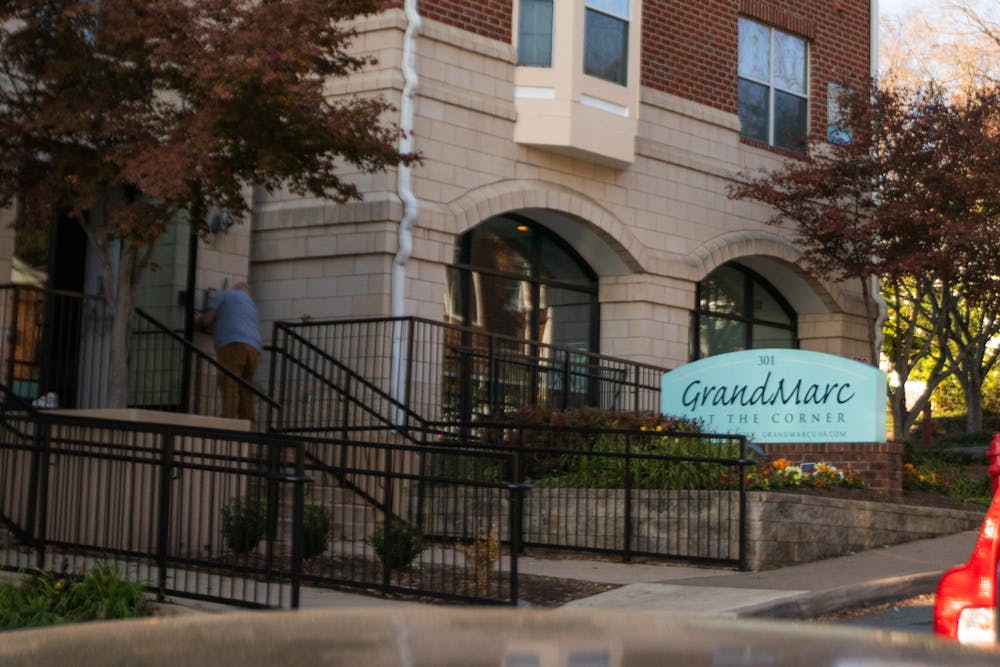As summer approaches, many University students look to sublet their living spaces as they leave Charlottesville, while a smaller group searches to find summer housing in the area. With a lopsided market given the volume of empty apartments versus a relatively low demand for subletting, students find themselves navigating an informal system and advocating for themselves to work out deals that benefit both parties.
Subletting is the legal transfer of a lease from an existing tenant to a subtenant. Large numbers of students who leave Charlottesville for the summer look to sublet their living spaces in order to make money back on rent, since most leases run through July or August.
The relatively small group of students who stay in Charlottesville over the summer for internships, jobs and summer classes find themselves sorting between an often overwhelming variety of subleasing options at discounted rates. Although some complexes provide more official forums — such as University Apartment’s sublease offerings — most students turn to platforms like GroupMe or Facebook to connect with potential subletters.
Third-year College student Cassie Lipton said she has found this process stressful in her search for a place to stay this summer while she holds a local job. One student who initially offered Lipton a discounted sublease at Grandmarc on the Corner suddenly stopped responding to communication, leaving Lipton searching for other options.
“I think at the end of the year, there's just a scramble because tons of people are trying to sublet and I think there are probably more of them than there are people working to sublet from someone,” Lipton said. “So in that sense, the market is in my favor, but there's so many options and a lot of people that I don't know.”
Lipton had already paid the $100 “takeover” application fee before she was forced to terminate her deal due to the tenant’s unresponsiveness. Grandmarc does not have an official subletting policy, but instead a “takeover” policy with an official application that a potential tenant must fill out. Once the application is submitted, the new tenant must be approved before the current tenant is able to get out of their lease.
Similarly, The Standard — another popular housing option due to its proximity to the Corner and Grounds, and location on West Main St. — uses a “reletting” process where a tenant fully signs their lease over to another individual. Unlike the process at Grandmarc, however, there is no application or fee to relet at the Standard.
Caillie Smith, an employee at the Standard and third-year College student, said that the reletting process is very popular among residents and estimated that around 30 to 40 residents take advantage of the option during the summer.
“We definitely got a lot of interest in the last two summers, and this summer included, we've had a lot of people calling in asking about potential relets,” Smith said.
Despite the interest from prospective subletters, second-year College student Millie Pandya said she faced obstacles in her search to find a subletter for her apartment this summer, even saying she would avoid the entire process in the future if possible. She advised other individuals looking to sublease to offer tours and discounts on prices that make their property attractive.
“You have to really emphasize the selling points of your room or your apartment, whatever it is, and try to stand out from the crowd which can be difficult when the price ranges that people are looking for can be anywhere from $500 to $1,000,” Pandya said.
Both Pandya and Lipton said prospective subletters also needed to be aware of additional fees, such as parking passes, furniture and electricity, that may not be included in the first version of the agreement.
Pandya will include electricity in her agreement, and due to overlaps in occupation, she will be paying for the entire rent during May for her summer sublease, even though her renter will move in at the end of the month. She said these compromises are an often necessary part of finding an interested renter in an oversaturated and informal market.
“While I'm not getting 100 percent of everything paid for, I think I got a pretty good deal and my leaser was very nice,” Pandya said. “So that's what makes it difficult, is that you have to negotiate.”
While the University offers on-Grounds housing for students over the summer, most options are reserved for those formally taking summer classes. As she finalizes her summer housing plans, Lipton said her experience looking for off-Grounds options has reinforced her decision to live on-Grounds all four years.
“I think part of the problem is like the U.Va. housing market in general — it's just kind of an absolute hellscape,” Lipton said. “[On-Grounds housing] is just so much easier to navigate that than it is to navigate the Charlottesville housing market.”
Lipton speculated that a University-run website or a forum with school emails attached might hold people more accountable. Given the current environment, however, she recommended that those looking to sublet begin the process early — February or March — and recognize the unpredictability of offers.
After her first sublease fell through, Lipton said she has two more options and feels fairly confident in her ability to secure summer housing.
“At least since I started trying to work on it early, I have the time to recover and find something else after that fell through,” Lipton said.







